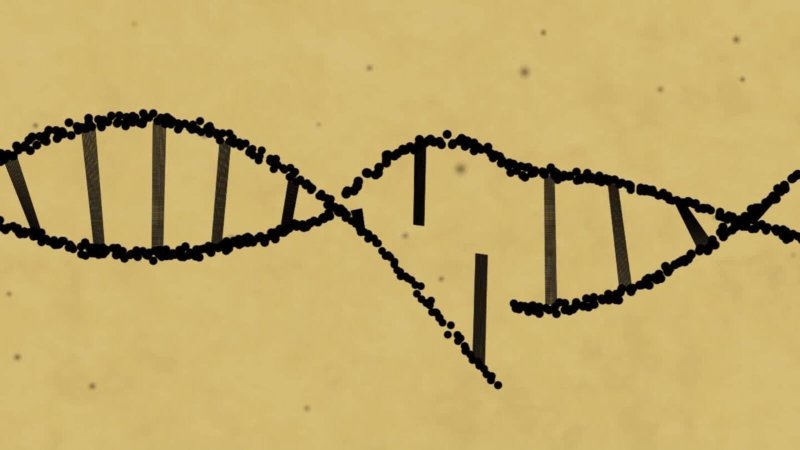Increasingly inexpensive genetic sequencing and engineering tools could upend everything from health care to fuel.
Why it matters: This bio revolution could lead to a world that is more sustainable and even extend human lifespans. But its full extent is dependent on social acceptance — and carries serious risks as well.
…
[T]he response to COVID-19 only scratches the surface of what the bio revolution may make possible.- A new report from MGI predicts as much as 60% of the physical inputs to the global economy — think food, fuel, even the fabric of our clothes — could be produced through bioinnovations.
- As much as 45% of the current disease burden could be alleviated using biological science that is at least conceivable today.
- All told, the use cases outlined in the MGI report — most of which fall outside human health — could have a direct economic impact of up to $4 trillion a year over the next 10 to 20 years.
How it works: The chief driver of these changes is the rapid drop in cost of the tools that enable us to understand and increasingly manipulate the stuff of life, including in our own bodies.































